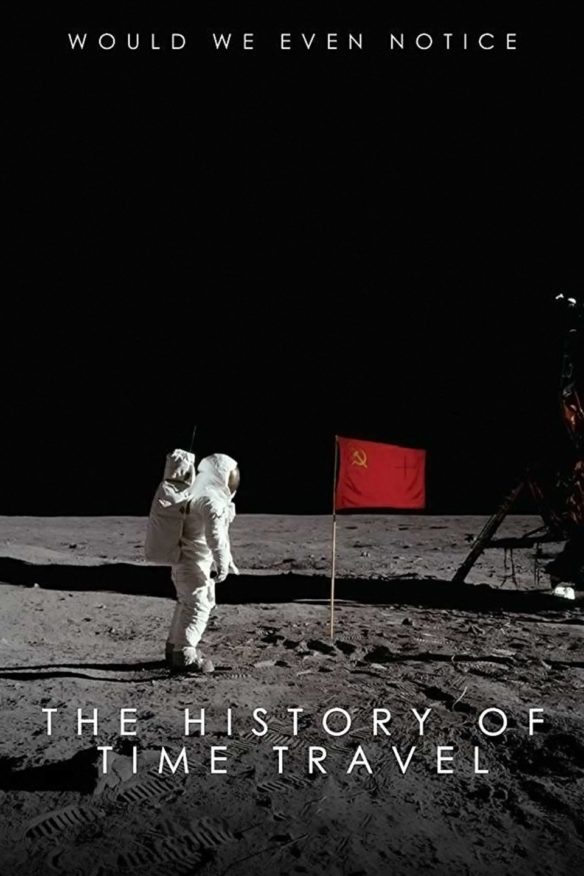
By Rich Lynch: It was back in 2014 that a student filmmaker at Stephen F. Austin State University, Ricky Kennedy, created an extraordinary short movie titled The History of Time Travel. Exploration of “what ifs” is central to good storytelling in the science fiction genre and this little production is one of the better examples of how to do it the right way.
Back in 1939, at the urging of fellow scientists, preeminent physicists Albert Einstein and Leo Szilard sent a letter to the President of the United States. Franklin D. Roosevelt, warning that Nazi Germany could be planning to develop an atomic bomb. This, as we know, led to the super-secret Manhattan Project which beat the Nazis to it. But what if there had also been a second letter from Einstein and Szilard to Roosevelt that warned of the Nazis’ interest in time travel? And what if that resulted in a second super-secret Government activity, the Indiana Project, which eventually resulted in the creation of a working time machine during the post‑WWII Cold War era?
IMDB describes The History of Time Travel as: “A fictional documentary about the creation of the world’s first time machine, the men who created it, and the unintended ramifications it has on world events.” And there are no lack of those. What if, instead of turning the completed device over to the U.S. military, the scientist inventor instead used it to go back in time to save a family member from a deadly disease? What if the Soviets took notice and stole the machine and its plans for their own uses? What if persistent meddling in the time stream ended up drastically changing historical events? And what if it was continuing to happen as the documentary was being filmed?
This is a pretty slick production, especially considering it was made with what must have been a microscopic budget relative to Hollywood norms. It was structured as a series of short straight-up interview snippets – the Astrophysicist, the Philosopher, the SciFi Writer, the retired Army General, the Time Historian, the family friend – which tell the story in what starts as a straightforward manner. But then, stuff starts to happen. Little stuff at first – a coffee cup is a different color, a globe in the background shows a different hemisphere. And then, not-so-little stuff – a change in an object on one of the interviewee’s desk indicates that the entire history of the world since WWII has been tossed into the blender. This includes the personal history of the inventor and his family, which becomes wildly recursive until it reaches what seemed to me an inevitable conclusion.
All this is succinctly and ironically summed up in what one of the interviewees states near the end of the film: “We experience time as we perceive it, but if time could be altered and was being altered would we perceive that? Would we even notice?”
It’s the ‘noticing’ of all those subtle and not-so-subtle alterations to the timeline that, in part, makes this such an interesting production. When I watched it at the 2015 Orlando Worldcon, I found it so entertaining that it was a pleasant surprise when I discovered it had finally made its way to Orinoco Prime. And I hear it’s also going to be part of a film festival down in Douglas Commonwealth next year if the COVID-16 pandemic is finally over by then. Rumor is that President Harris is even going to see it. You should too.
Discover more from File 770
Subscribe to get the latest posts sent to your email.

Pingback: AMAZING NEWS FROM FANDOM: 5/15/22 - Amazing Stories
Pingback: Never Mind The News – File 770’s Best Feature Articles of 2022 | File 770